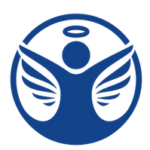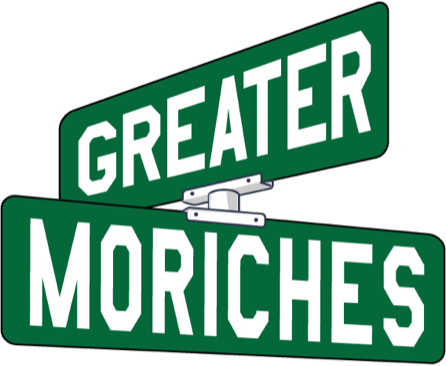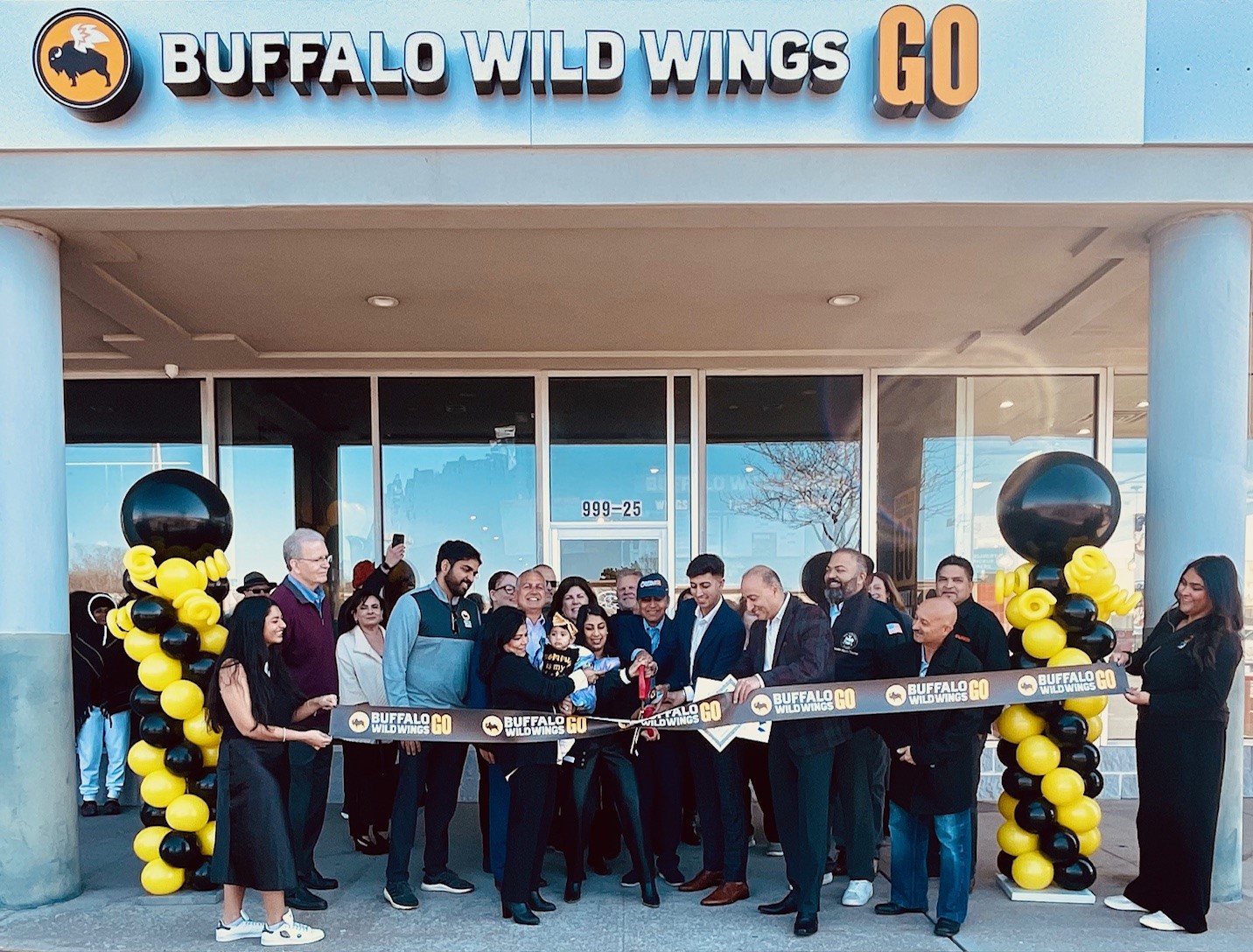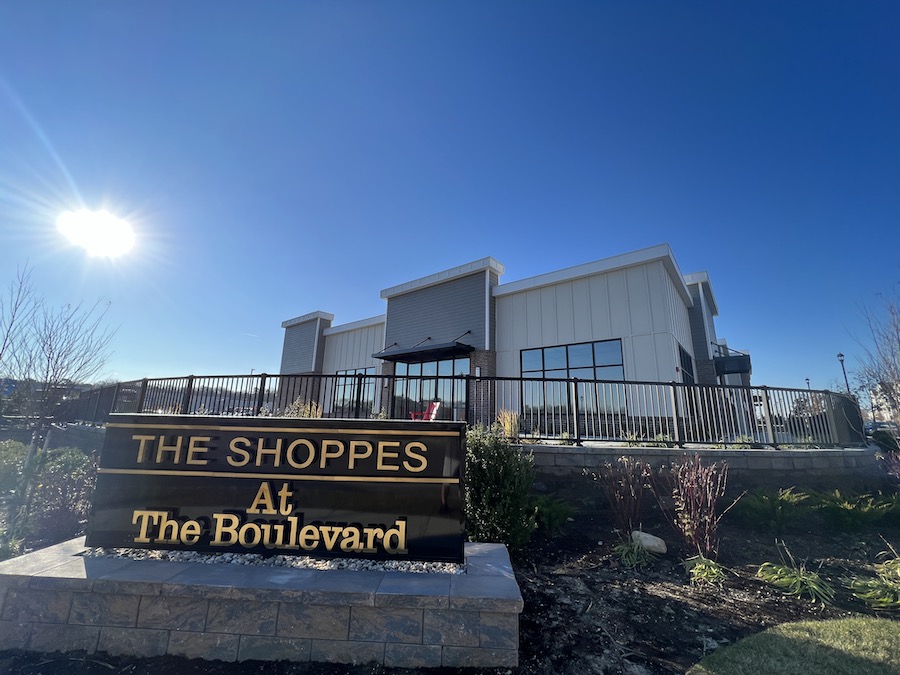

Greater Moriches coverage is funded in part by Angels of Long Island, a charitable nonprofit. Shopping at the Angels’ Mastic and Patchogue thrift stores helps Long Island families in need. Or, click here to donate.
“I was called by God to do it. I couldn’t just see it happen,” said the Rev. Frederick Miller, 87, the chaplain for the Arthur H. Clune American Legion Post 1533 in Mastic Beach who created the Veterans Peer-to-Peer Program in 2013 after seeing a CNN story about veterans committing suicide. “I can’t let somebody die if I can help them.”
“I thought, ‘Somebody’s gotta do something,'” he added.
After the program was established, Miller recalls when a veteran came to him in a meeting seeking help because he was experiencing suicidal thoughts. Miller, a Korean War veteran, encouraged him to seek professional help.
The Veterans Peer-to-Peer Program’s aim is to help veterans deal with issues such as traumatic brain injury and “moral injuries,” a relatively new term that describes internal crises soldiers face when they break their own internal moral codes.
According to a 2018 report by the U.S. Department of Veteran Affairs, approximately 20 veterans commit suicide every day.
To encourage participation, program hosts use different terminology for “post-traumatic stress disorder” due to a stigma associated with the use of “disorder.”
“We look to break the fear of labels,” said Miller, of Shirley. “They won’t seek help because they are afraid of getting labeled.”
The program is hosted by trained veterans around a circular table. The meetings are strictly confidential and on a first-name basis.
The meetings are held in four churches across Long Island, including the Messiah Lutheran Church in Setauket, the Harbor Church in Center Moriches, the Our Savior Lutheran Church in Centereach, the Long Island State Veterans Home in Stony Brook and more. Find the schedule here.
Miller and the Legion want to sign 25 more churches to host the programs by the end of the year.
Miller said three suicides have been prevented through the Veterans Peer-to-Peer Program.
A lifetime of service
Miller left his home in Sheepshead Bay to serve in the military at age 17. He became a medic in the U.S. Air Force during the Korean War. He later became 1st Sgt. in the National Guard and worked in pathology at the Stony Brook School of Medicine. He joined the Trulight Ministry in Shirley in 1980.
A member of the Legion for the past 14 years, Miller became more involved after he retired in 1991, and then decided to start up the support groups and training programs. He consults with the Northport VA Medical Center about any changes to the program.
How the program works
Sessions start and end with a prayer. Session hosts are required to go through a day of training. About 100 Legionnaires and 52 clergy members have gone through the training program so far. Any changes to the program are done in consultation with the Northport VA Medical Center.
Jim Beecher, 70, commander of the Suffolk County American Legion who served 13 years in the army during the Vietnam War, is a former chef who got more involved with the Legion after he retired in 2017. He received his training in 2017 and hopes to help veterans live a normal life after their service.
“When you go to a war zone, the way you’re raised, your values are thrown out the window. It’s a whole different world,” said Jim Beecher, 70, commander of the Suffolk County American Legion. “There’s no way to turn off a switch and say, ‘It’s over’ and then learn how to live with it.”
The Legion, alongside Miller, is in the beginning stages of proposing a new federal bill that would have veterans who have PTSD or traumatic brain injury to be entitled to receive the Purple Heart. Miller hopes Rep. Lee Zeldin will carry the bill to Congress.
Supporters of the Peer-to-Peer program encourage struggling veterans to reach out.
“Come for help,” Miller said. “It’s confidential and we think we can help you.”























